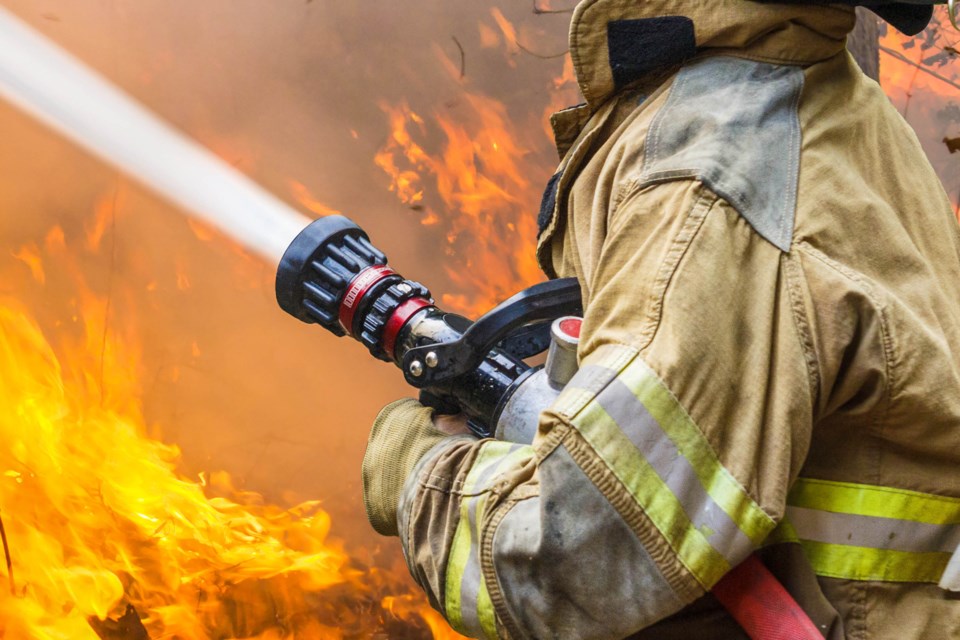Boulder County Commissioners Thursday unanimously approved putting two sales tax measures on the November ballot to bolster wildfire mitigation programs and emergency response efforts.
The measures would establish a 0.1 % countrywide sales and use tax for both efforts. The sales and use tax for emergency response would decline to 0.05% after five years.
Also on Thursday, the commissioners voted 3-0 to ask voters in November to extend the existing countywide transportation sales tax. The transportation sales tax was first passed in 2001 and extended in 2007.
To date, the transportation sales tax revenue since 2001 is $94.7 million, Gloria Handyside, spokeswoman for the Boulder County Commissioners told the Leader.
The estimated combined revenue generation (sales and use) for all three proposed ballot measures is $33M for 2023, Handyside said.
The commissioners cited an annual public opinion survey that showed strong support for both the emergency services and wildfire tax. Commissioners and speakers at a public hearing Thursday, also cited the devastation brought on by the Dec. 30, 2021 Marshall fire in east Boulder County as justification for both measures.
Years ago, nobody predicted counties would need to generate other revenue other than traditional property taxes to fund fire mitigation in cities and towns, Commission Vice Chair Claire Levy said. “This is not something we can fund out of our existing tax base, Levy said. “This need is not going away.”
The wildfire mitigation measure would fund countywide efforts to reduce fuels through forest and grassland management projects to protect against catastrophic wildfires, protect water supplies and create more resilient forests and grasslands, Jim Webster, the county’s Wildfire Partners Program Coordinator.
The measure would also help residents in the mountains and plains prepare for wildfires by making homes more fire resistant through community partnerships and financial assistance, Webster said.
A broad based coalition of groups is needed to help shield homes and communities from the ongoing threat of monster wildfires, he said.
“We have moved into a new era of climate driven wildfires, they are larger and more destructive,” Webster said.
More help is also needed for agencies providing emergency responses in unincorporated Boulder County, particularly for the volunteer Rocky Mountain Rescue, Sheriff Joe Pelle told the commissioners.
RMR annually performs over 200 search and rescue calls in the mountains of Boulder County. But the agency’s facility is an old garage built in the 1960s that cannot house all their vehicles and equipment, Pelle said.
Boulder County also faces rising costs to pay for American Medical Response ambulance service for unincorporated parts of the county, Pelle said. Next year, it could cost the county $600,000 for AMR service, he said.
“This is an unfunded cost to the general fund,” Pelle said.
Some fire district chiefs objected to the emergency response measure, saying it adds another tax to services they already provide.
Pelle said the measures —funded by sales taxes —will supplement the local districts. He also said he hopes the county will form a governing board of fire district representatives to help disperse the funds generated by the new sales tax.



